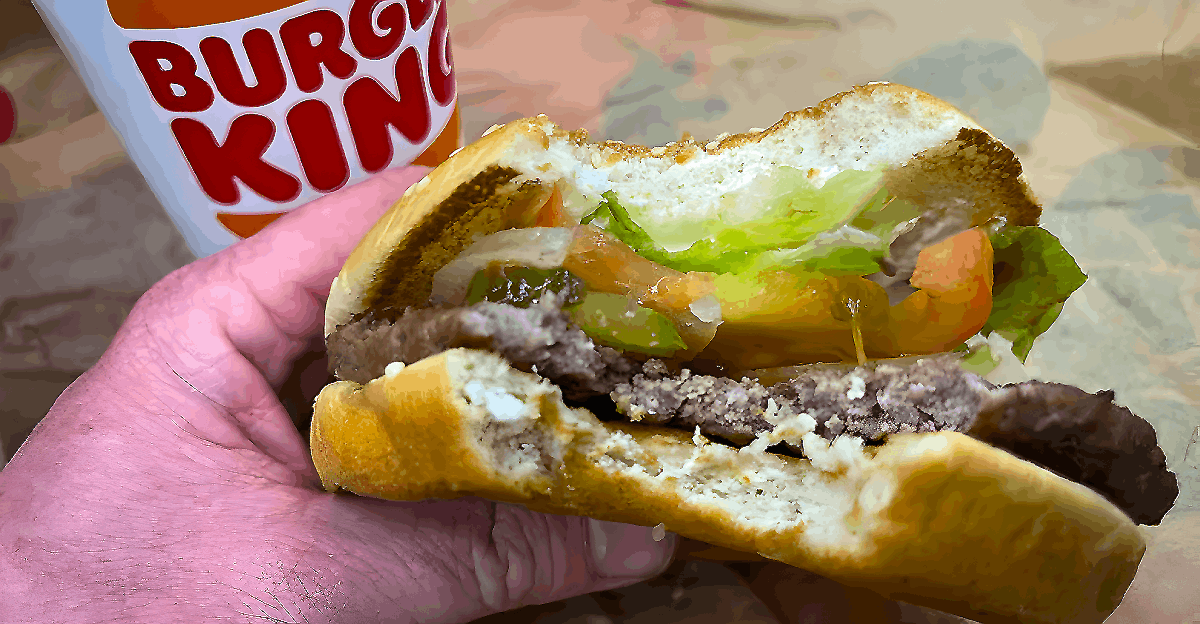
Not all fast food burgers are what they claim to be. Many of America’s most popular fast-food chains are known to use fillers, additives, or misleading labels that trick customers into thinking that they’re eating 100% beef.
However, this is not the case for all fast food chains. Others are refreshingly honest about their ingredients. But do you really know what’s in that burger you just ordered?
Surprising Truths
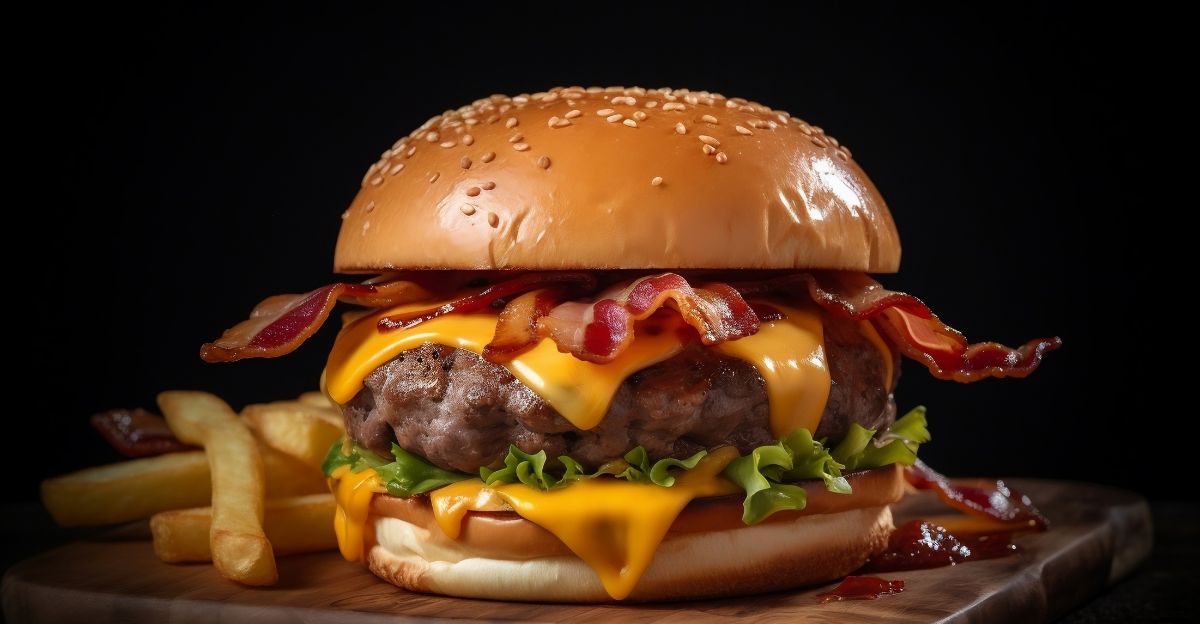
Lawsuits, lab tests, and investigative reports have revealed surprising truths about some of the most popular burger chains. What might look like a juicy patty might be padded with oats, soy, or maybe even worse.
Now, let’s take a look at six fast-food chains that serve fake beef, and three that serve 100% beef.
1. McDonald’s
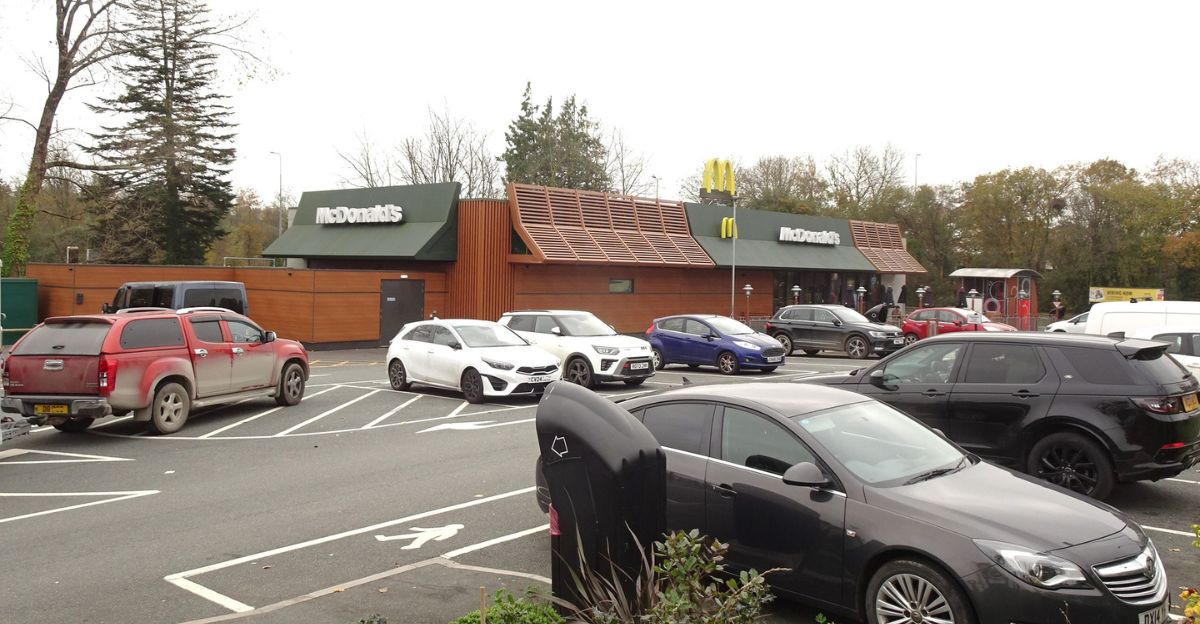
McDonald’s feeds hundreds of millions of people every single day, all around the world, but are their burgers pure beef? The chain claims to use 100% real meat, but critics and watchdogs have noted the presence of “seasoning blends” and processing steps that don’t quite match what customers imagine.
While the claim might sound convincing, the question remains: is your Big Mac really as straightforward as advertised?
“Only Beef”
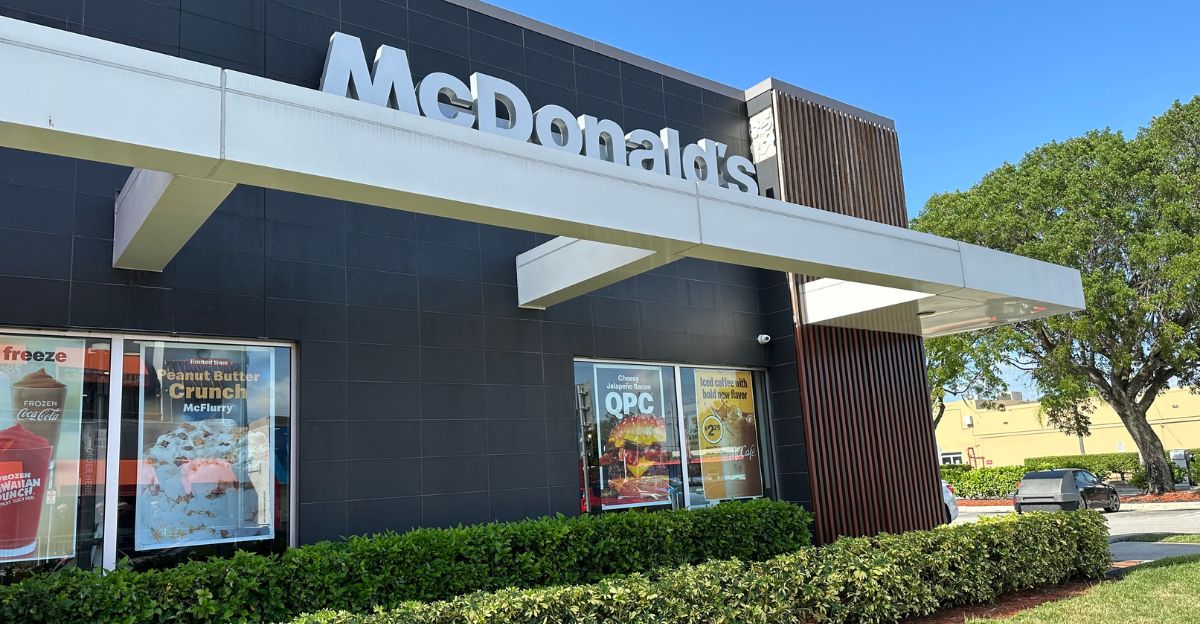
Investigators have pointed out that “100% beef” on packaging doesn’t mean “only beef.” These famous patties might include additives for texture or flavor stability while still legally qualifying as “100% beef.”
This gray area leaves many customers who want clarity, not fine-print loopholes, feeling uneasy. McDonald’s maintains that its burgers are genuine, but doubts persist.
2. Taco Bell
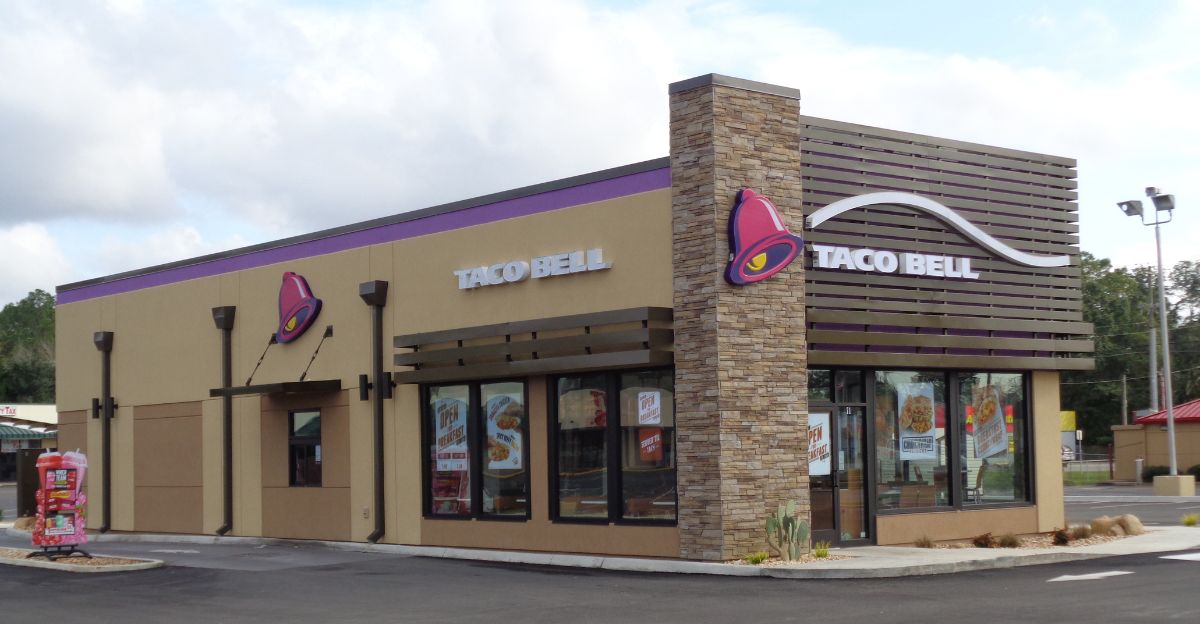
Few scandals hit the fast-food world as hard as Taco Bell’s “36% beef” case in 2011. A lawsuit claimed that the chain’s seasoned beef was only about one-third real meat.
The remainder was a mix of oats, soy, spices, and other fillers designed to bulk up the product. Suddenly, Taco Bell’s signature tacos raised serious questions about ingredients and transparency in advertising.
USDA-Approved and Safe
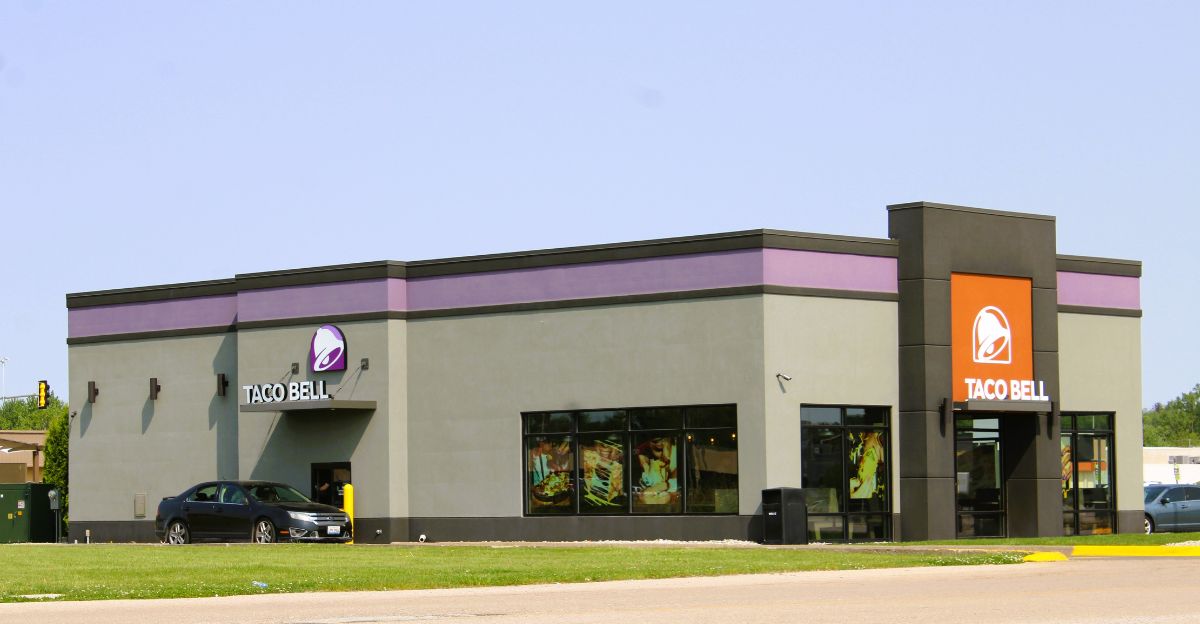
Despite this shocking claim, Taco Bell pushed back hard, emphasizing that its beef met USDA standards and was perfectly safe to eat. Though the chain won the lawsuit, the damage was already done.
Many customers couldn’t shake the idea that their favorite tacos weren’t as “meaty” as they were advertised to be. Though Taco Bell reformulated some recipes, its reputation has taken a knock.
3. Burger King
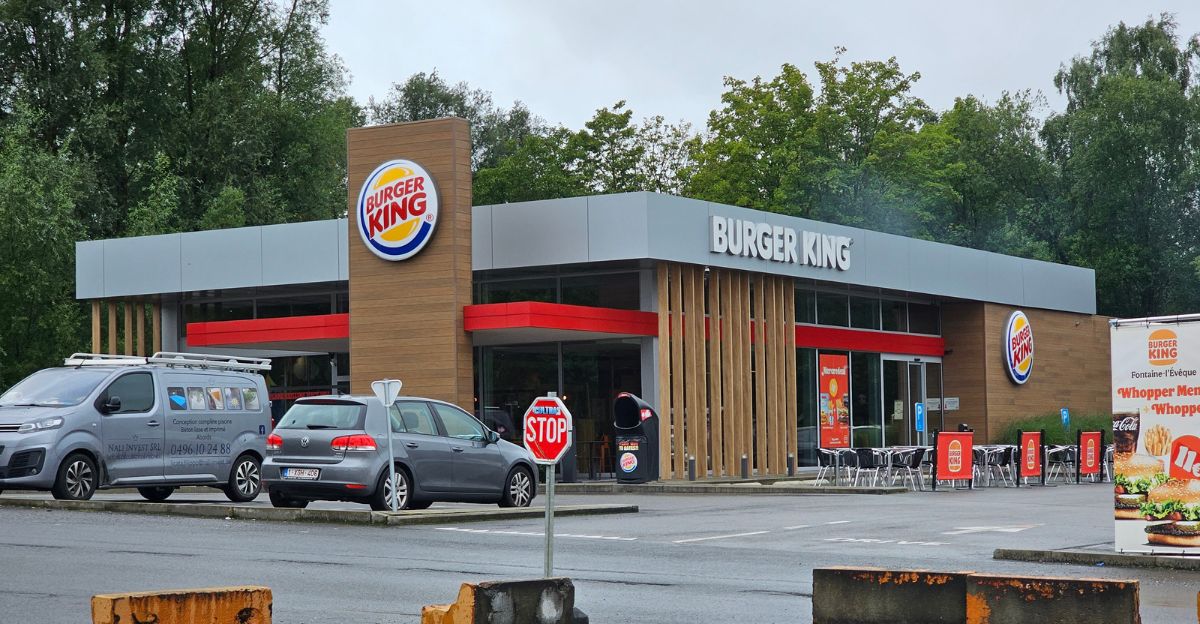
Burger King is one of the most iconic fast food chains in the world. However, its reputation took a knock when supply chain investigations uncovered unsettling details in Europe: the chain’s burgers might’ve included fillers, and in extreme cases, horse meat contamination entered the market.
This freaked out many loyal fans who suddenly wondered if the chain’s bold confidence masked a far weaker commitment to pure beef than the ads suggested.
Global Damage
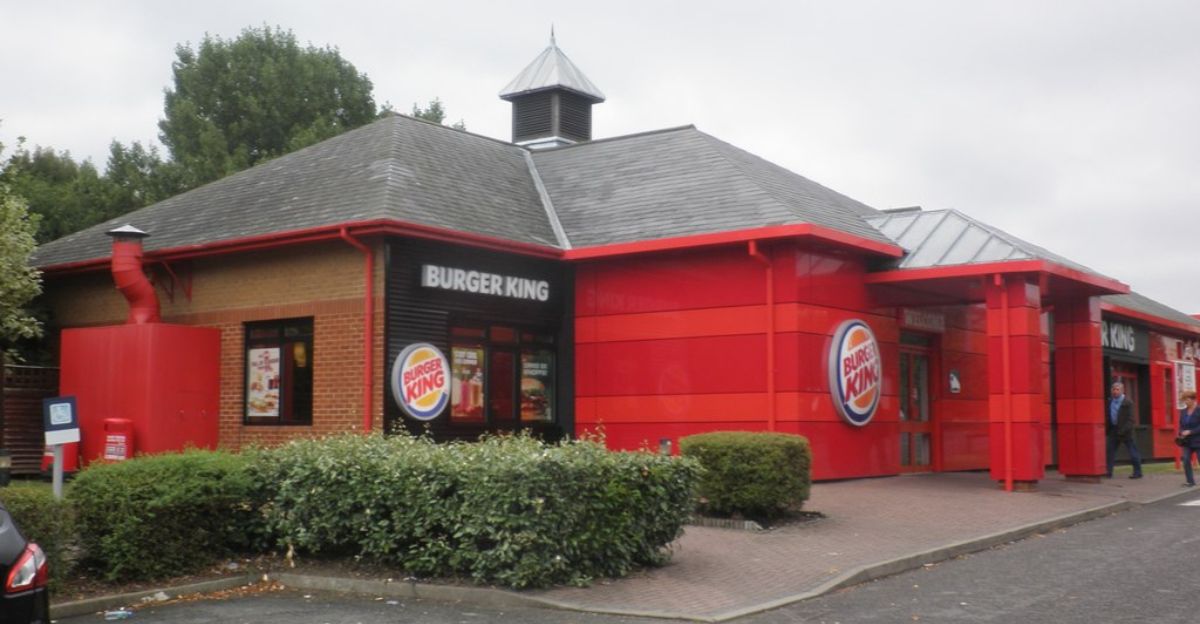
The horse meat scandal was specific to suppliers in the UK and Europe, but the global damage of this situation was massive. Burger King faced a credibility crisis that still haunts its brand image to this day.
The company pledged stronger supply chain oversight, but skeptics remain uncertain.
4. Subway
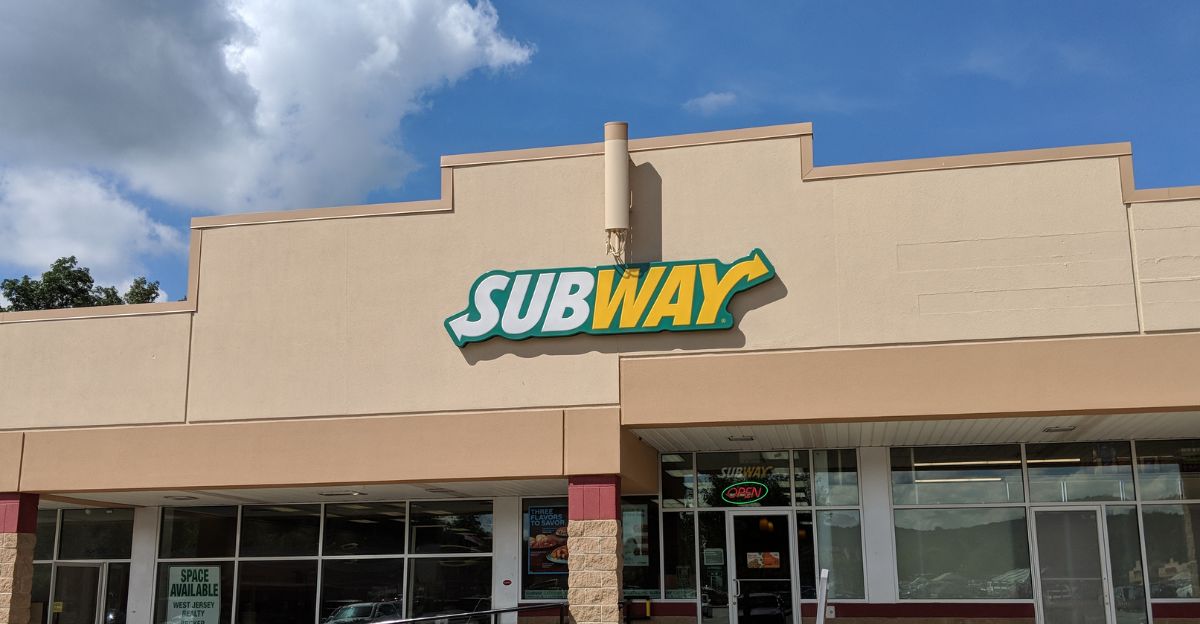
Subway’s “Eat Fresh” image has crumbled under a string of scandals, from bread filled with questionable additives to a lawsuit over its tuna. Even its beef came under fire.
Independent tests suggested that the chain’s “steak” was heavily mixed with soy filler rather than being purely meat. Customers expecting wholesome grilled steak sandwiches discovered, instead, a product engineered to seem better than reality.
The Bigger Issue
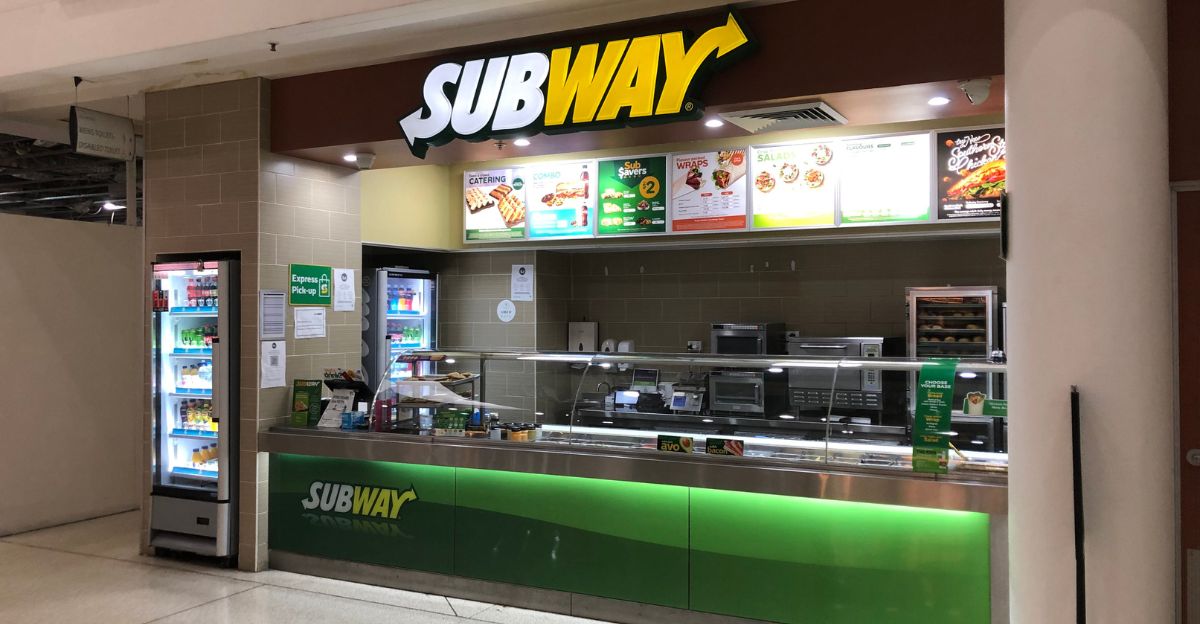
But the bigger issue with Subway wasn’t just what was inside its meat; it was trust. With so many scandals, every new report created skepticism.
While regulators approved the fillers used, consumers began questioning the integrity of Subway’s marketing claims. A brand that promised freshness and authenticity was instead seen as cutting corners. That sense of betrayal hasn’t fully faded, even years later.
5. Carl’s Jr. / Hardee’s
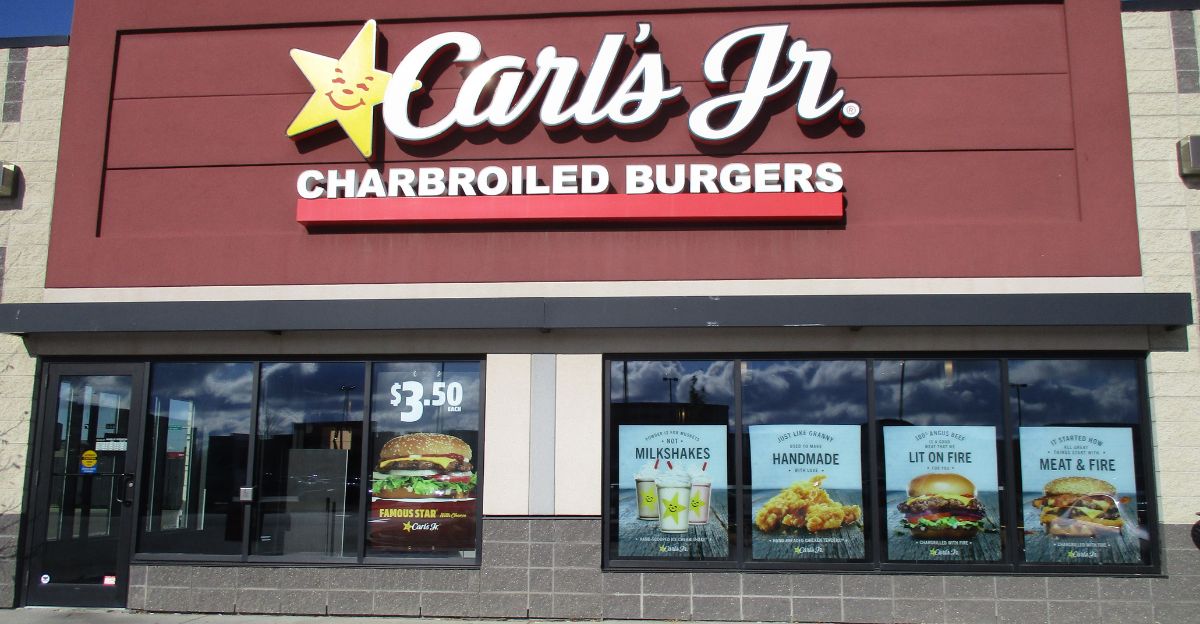
Carl’s Jr., famous for flashy ads and “premium” burgers, heavily promoted patties “made with Angus beef.” Many customers thought they were getting an upgrade, but the label didn’t guarantee an all-Angus, all-beef patty.
In reality, it only signified that part of the meat came from the Angus breed. The nuance was easily lost on diners who were swayed by glossy marketing and premium-sounding menu terms.
Legal Loophole
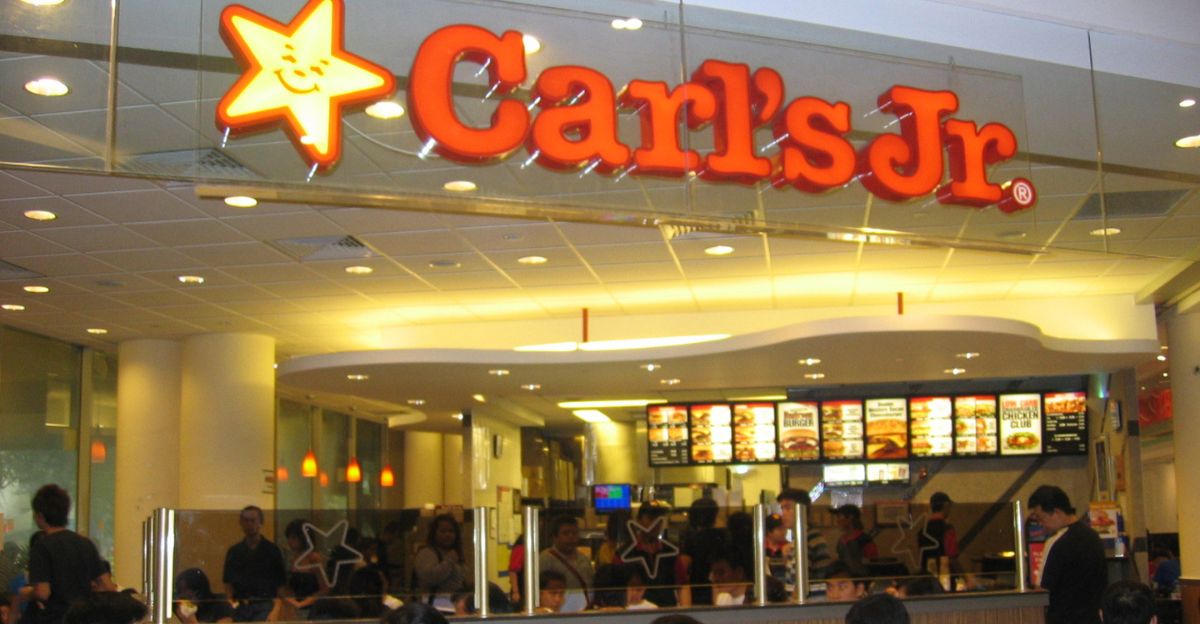
Food labeling experts have explained that “made with Angus beef” falls into a legal gray area. As long as their patties include any Angus beef at all, the chain is allowed to advertise the term, regardless of what else is inside.
While customers might imagine ranch-to-grill purity, the truth is less romantic. Marketing spins easily outpace what’s actually served.
6. White Castle
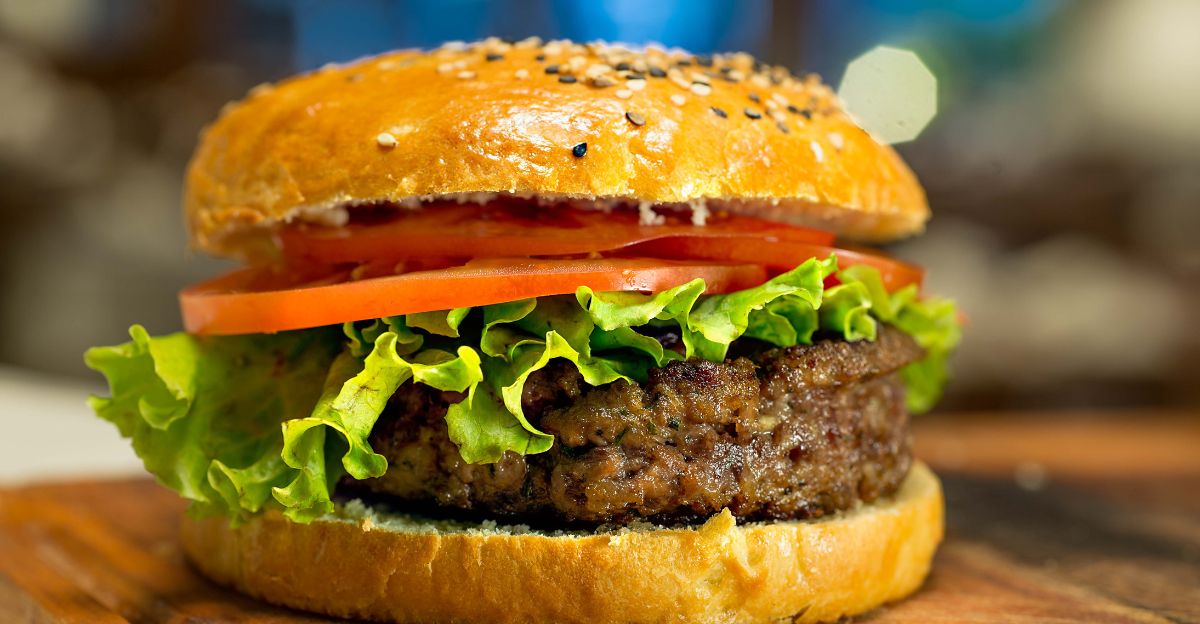
White Castle introduced America’s first fast-food favorite: the classic slider. These small, square burgers grew into cultural icons, but the magic isn’t always meat-driven.
Nutrition labels show the patties contain notable amounts of soy and wheat fillers, raising eyebrows. Given their small size, some critics argue there’s almost more binding agent than beef, leaving customers to question just how much meat is really in each bite.
Uncertain
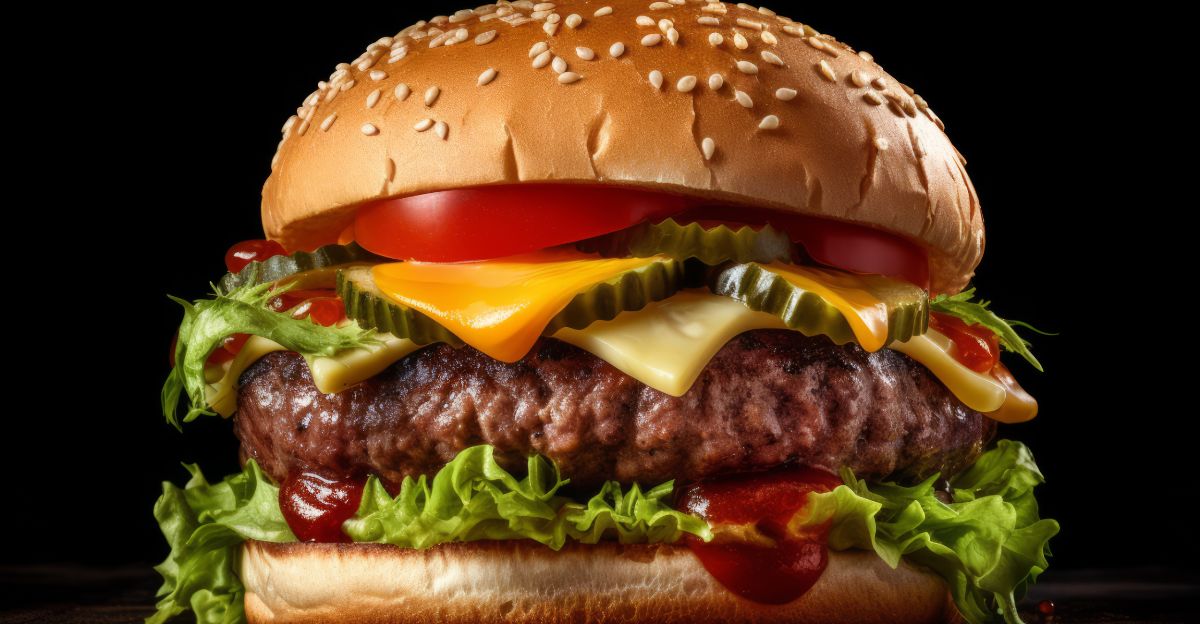
The company has defended its formula, stating that blends help maintain the shape of the patties, reduce costs, and create that distinctive slider flavor. But health-conscious consumers remain uncertain.
When nostalgia-driven marketing presents White Castle as the burger that started it all, discovering filler-laden patties feels disappointing. With high competition from modern burger joints, White Castle’s reputation struggles against more transparent fast-food rivals. But now, let’s take a look at restaurants that keep it 100% real.
1. In-N-Out
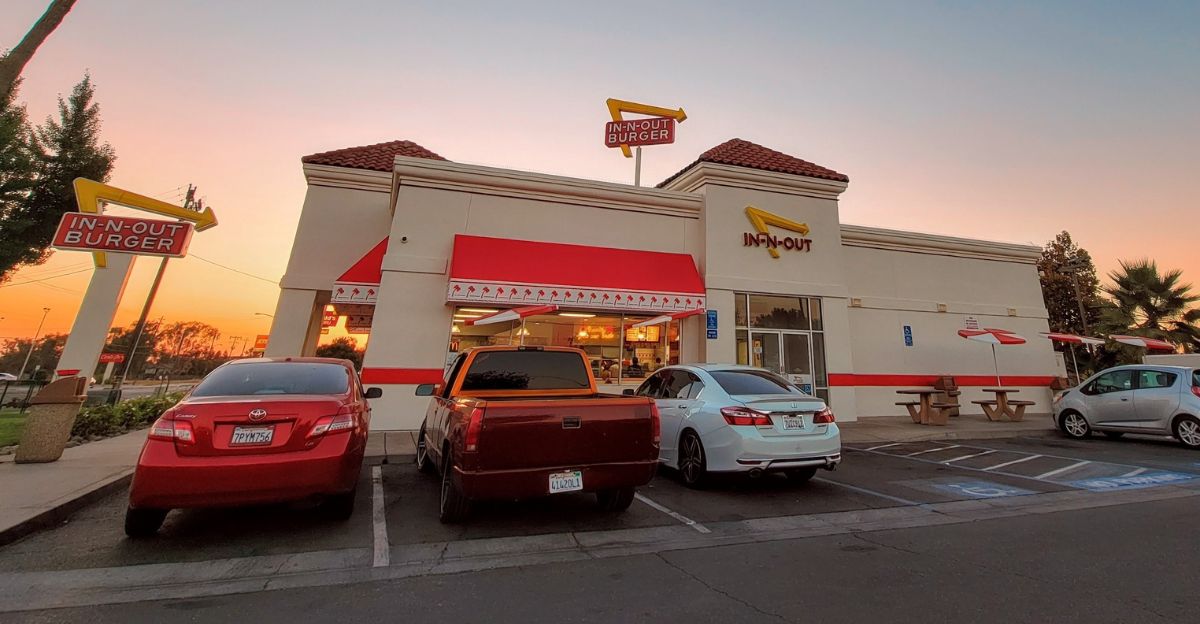
A lot of loyal In-N-Out fans say that the burgers at this chain taste different, and they’re right! This West Coast favorite insists on grilling freshly ground, USDA-certified beef that doesn’t contain any fillers, binders, or flavor additives.
The chain still uses the same formula from 1949, which explains part of the cult-like devotion. Simplicity, not shortcuts, keeps it thriving in a crowded fast food market.
Transparency
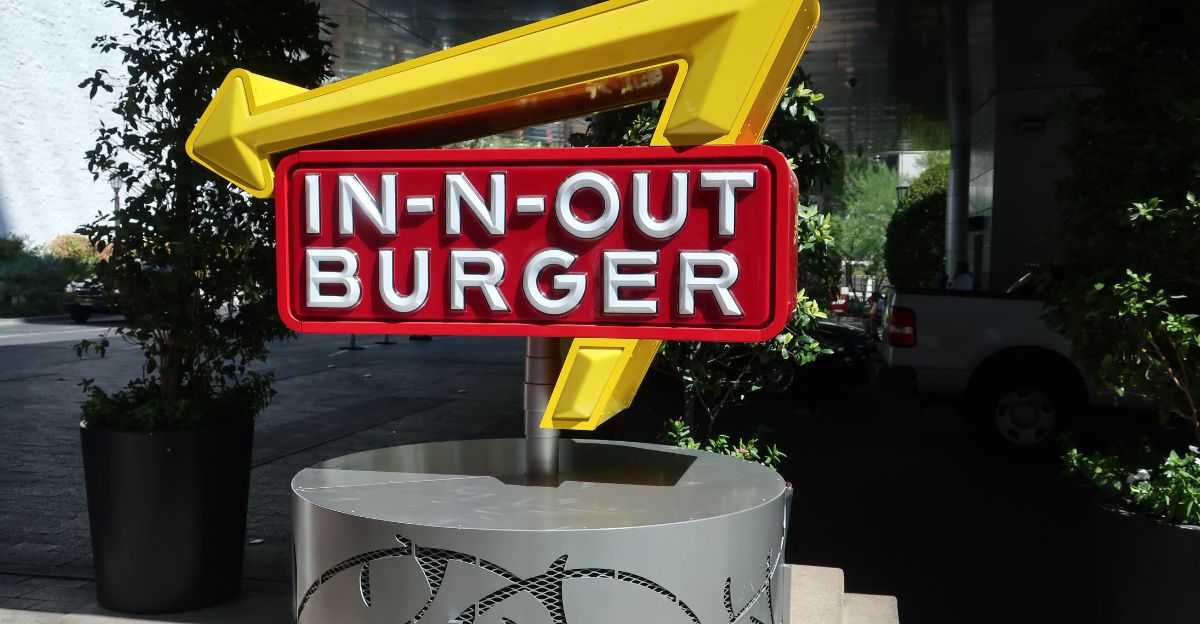
Transparency is built into the brand. They use freshly baked buns, their lettuce is cut in-store, and their beef contains nothing but actual meat. Even their fries are hand-cut from whole potatoes.
That consistency builds confidence. For customers who are tired of fast-food scandals and “mystery meat” stories, In-N-Out stands out as refreshingly genuine.
2. Five Guys
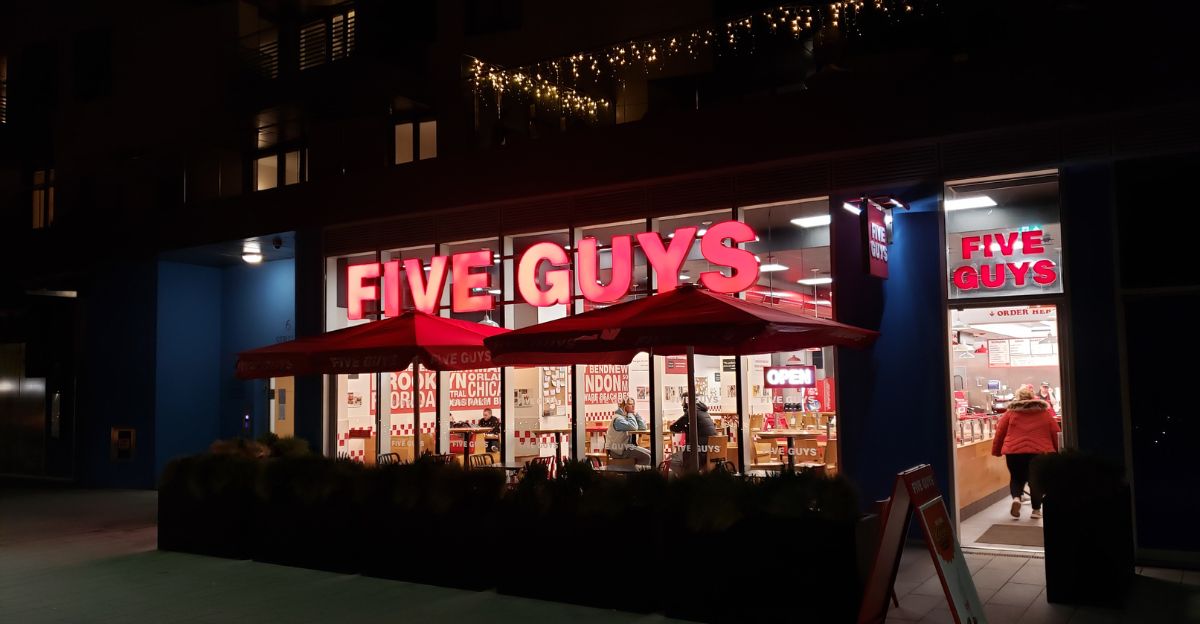
Five Guys has also built itself a loyal following by keeping things simple. This chain is known for its oversized burgers and delicious toppings. Their patties come from fresh ground beef with zero additives.
They do not use frozen meat, preservatives, or fillers. This approach appeals to purists and explains why so many people insist that their burgers taste better than fast-food competitors.
Consistency
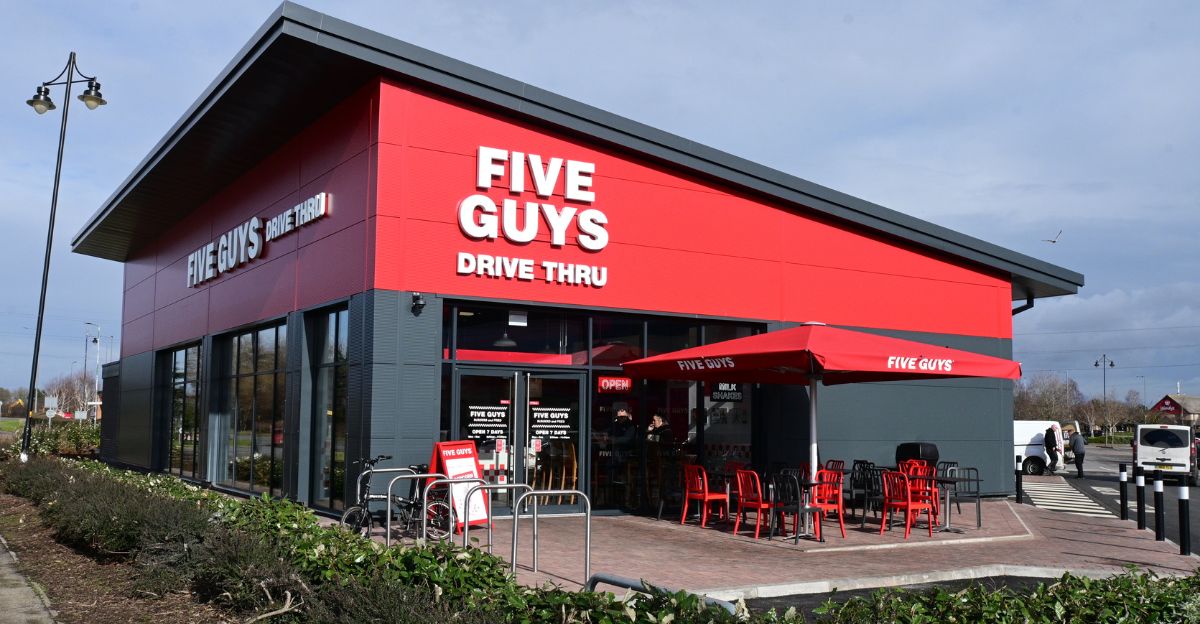
What really makes the difference is consistency. At every location, Five Guys relies on quality beef and hand-formed patties. Each burger is made from a single ingredient: beef.
For customers exhausted by fine print and fast-food scandals, this kind of simplicity is a relief.
3. Wendy’s
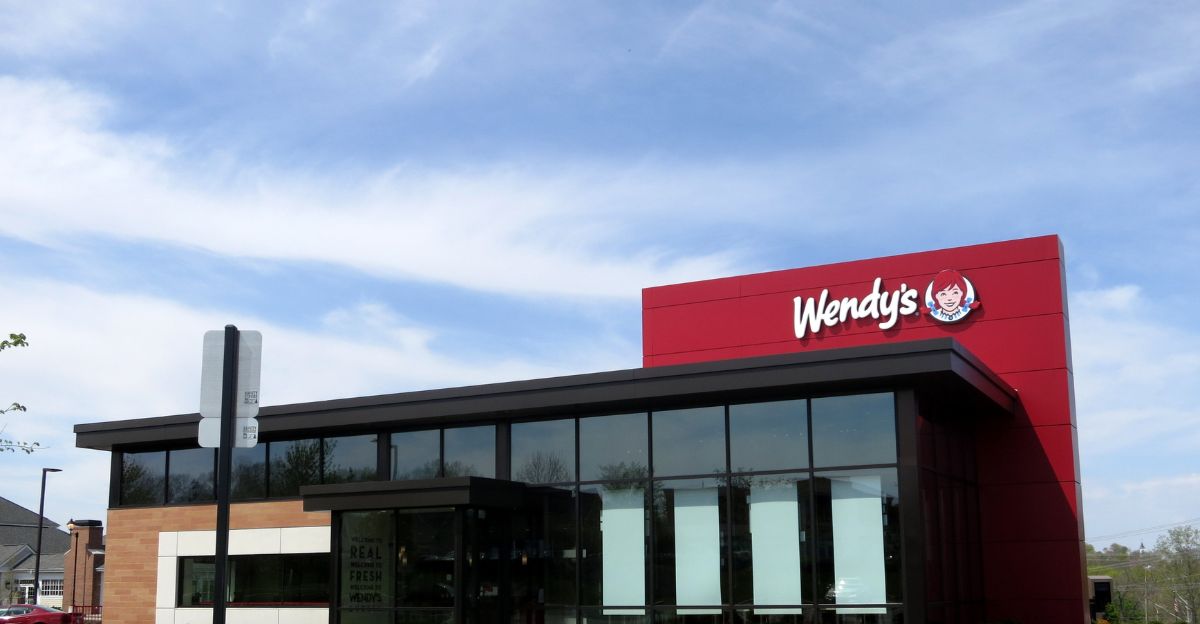
Wendy’s has long been associated with the iconic slogan: “Where’s the Beef?” Well, it turns out that it was always proudly in their kitchen. Unlike many other chains, Wendy’s promises 100% real beef in every burger.
What’s even more important is that the chain makes a bold claim that most competitors avoid: their burgers are never frozen, at least in the U.S. and Canada. That’s rare authenticity.
A Unique Position
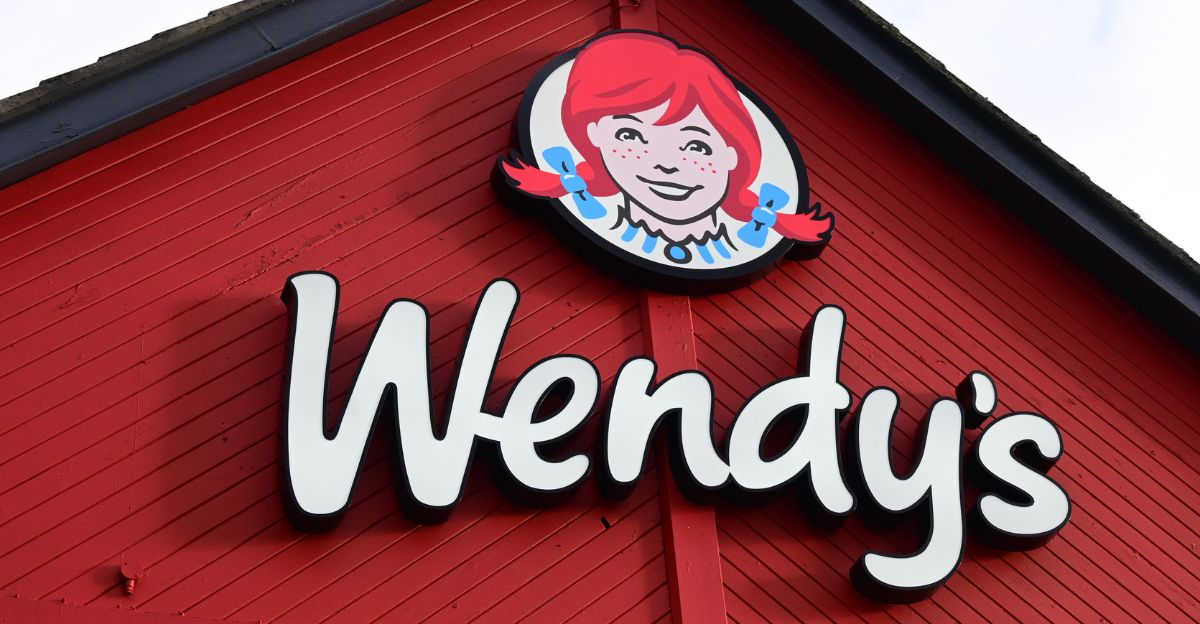
By staying away from frozen patties, Wendy’s has a unique position among major players. Competitors bury their beef claims in slogans and gray areas, but Wendy’s built a reputation from day one around quality and transparency.
It hasn’t been without challenges, but the core promise endures. When it comes to beef honesty in fast food, Wendy’s isn’t bluffing; it’s delivering.